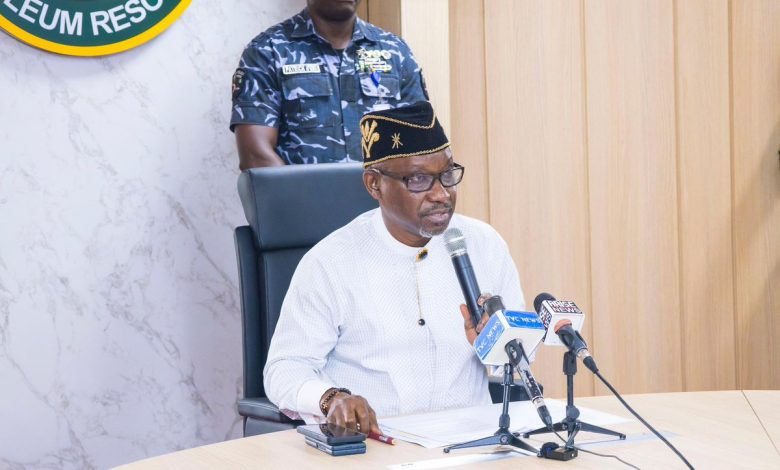
The Federal Government has banned the export of locally produced Liquefied Petroleum Gas (LPG), commonly known as cooking gas, starting November 1, 2024.
This was announced by Ekperikpe Ekpo, the Minister of State for Petroleum Resources (Gas), to prioritize domestic supply in a bid to alleviate the escalating costs of LPG for Nigerian households.
The decision was revealed in a statement from the Minister’s spokesman, Louis Ibah, following a high-level meeting in Abuja between government officials and key stakeholders within the LPG industry.
According to recent data, the average price of refilling a 12.5kg cylinder of cooking gas rose by ₦5,099.46 in just one year, climbing from ₦9,162.11 in July 2023 to ₦14,261.57 by July 2024.
Despite various government interventions, gas prices have continued to fluctuate, with the latest figures showing a price hike to ₦1,500 per kilogram, up from ₦1,100–₦1,250 per kilogram earlier this year.
In response to the persistent rise in prices, the Minister convened a high-level committee led by Farouk Ahmed, the Chief Executive of the Nigerian Midstream and Downstream Petroleum Regulatory Authority (NMDPRA), in November 2023.
The committee was tasked with finding sustainable solutions to stabilize the LPG market. However, as prices continued to soar, the government opted for a more drastic step by halting LPG exports.
Ekpo’s directive mandates that all LPG producers, including the Nigerian National Petroleum Company Limited (NNPCL), must cease exporting cooking gas by November 1, 2024. S
hould any exports take place, the directive requires producers to import an equivalent amount of gas at market-reflective prices.
“To stabilize prices, producers will stop exporting LPG from November 1, 2024, or import equivalent volumes at prices reflecting market realities,” Ekpo stated.
The government also instructed the NMDPRA to work with industry stakeholders over the next 90 days to develop a new domestic pricing framework.
The framework will be based on local production costs, moving away from the current model that indexes prices against international markets such as those in the Americas and Asia.
The reliance on global pricing has forced Nigerians to pay high rates for cooking gas, despite it being produced locally.
In the long term, the government plans to build storage, blending, and distribution facilities over the next 12 months. The export ban will remain in place until Nigeria attains market sufficiency and achieves stable, affordable prices for LPG.
“The government remains deeply concerned about the rising cost of cooking gas and is committed to ensuring Nigerians have access to this essential commodity at affordable prices,” the statement read.
